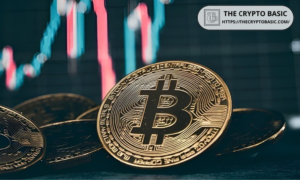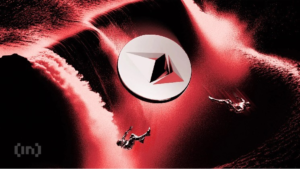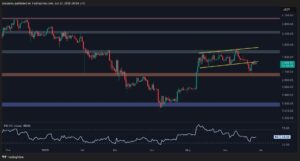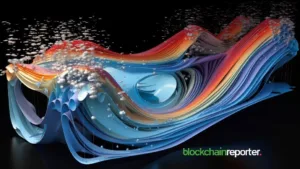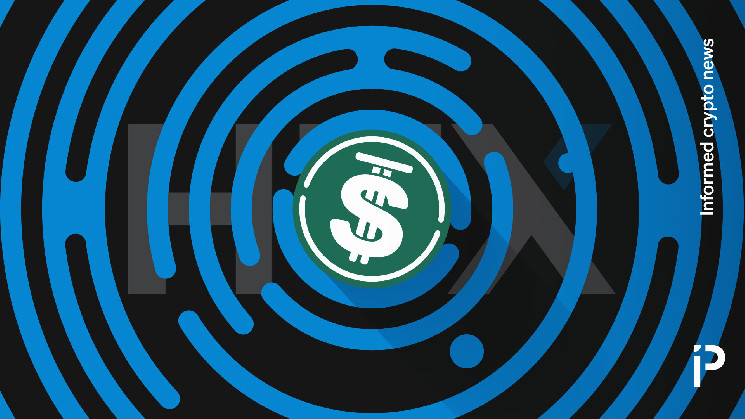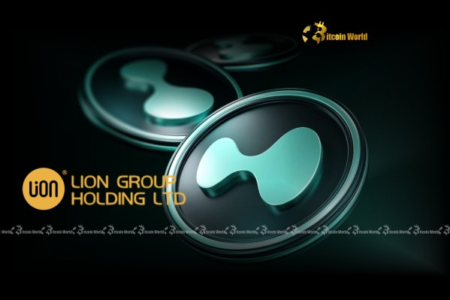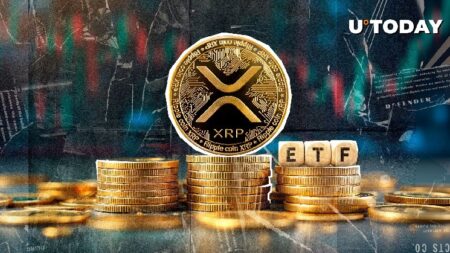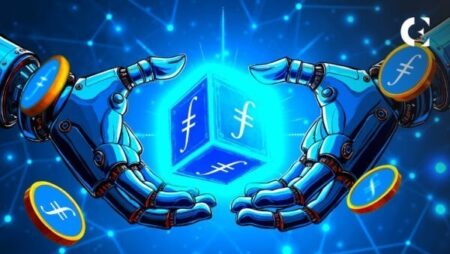USDD is a massive stablecoin that describes itself as ‘algorithmic’ and has a market capitalization of approximately $730 million. However, despite this size and seeming importance, it has a variety of issues, from its design to its reserves and its partners.
Changes to USDD
When USDD was launched, it was intended to inherit an algorithmic design reminiscent of the Luna-Terra system. The original whitepaper described how, by the end of 2022, Tron version 5.0 was going to be released, which would integrate USDD minting and redemption directly into the core of the protocol. However, as of press Tron version 5.0 has yet to be released.
This version was meant to actually ‘burn’ the tron (TRX) used to issue new USDD; currently, the TRX that is ‘burned’ isn’t burned but instead held in a wallet and counted as collateral for the token.
Following the collapse of the Luna-Terra system, more recent whitepapers for USDD no longer mention being integrated into the core of Tron in this way. Additionally, USDD currently has no documented mechanism to redeem USDD.
Protos has reached out to Tron Network and USDD to see when version 5.0 will be released and whether or not it will integrate USDD in the manner described in the original USDD whitepaper.
Is it even a DAO?
USDD is managed by the Tron DAO Reserve (TDR), which you would assume is a decentralized autonomous organization (DAO), but unfortunately, it doesn’t meaningfully fulfill that role.
The governance page shows only a single proposal in the entire history of this protocol. This proposal allowed for the TDR to use the ‘burned’ TRX, despite that appearing to be inconsistent with what the word ‘burned’ means.
There are no proposals that describe how the reserves are held, no proposals that explain why the direction of the protocol has changed, and no proposals that explain why certain partners have been added or removed for TDR.
Does HTX have the funds it is supposed to?
USDD lists TZ1SsapyhKNWaVLca6P2qgVzkHTdk6nkXa as one of the addresses that hold the collateral for USDD. This address holds approximately 972 million TRX, worth approximately $120 million. It is also important to note that almost all of these tokens are staked. These funds, which are nominally managed by TDR, are also included in the HTX proof-of-reserves, which suggests that they’re currently held at HTX.
There are no governance proposals that explain why these funds are being held in this way. Protos reached out to HTX and TDR but they didn’t provide clarification on why these funds are held in this way. HTX did claim that “the platform has never had any security incidents in the past 10 years,” despite this not being true. When asked for clarification about the previously disclosed security incidents, HTX reiterated that no security incidents had occurred.
Issues with partners
USDD relies on the partners in the TDR to manage issuance of the token, a role that has become more important as USDD has seemingly abandoned its goal of integrating issuance directly into the core of Tron.
Alameda Research, the now-bankrupt trading firm that was embezzling billions of dollars worth of customer funds from FTX and was owned by financial criminal Sam Bankman-Fried, was just one of the partners for this product who have experienced significant issues.
Justin Sun, an ‘advisor’ to HTX and a frequent promoter of USDD, owns Poloniex, an exchange that is one of the other partners. Poloniex has yet to finish a promised proof-of-reserves and has refused to disclose the reserves for its WBTC on Tron product, a significant portion of the ‘bitcoin’ on HTX.
Read more: Justin Sun’s empire crumbles as USDD depegs again
Multichain was a bridge before it was hacked, its chief exec was arrested, and the remainder of the team has lost access to the web presence and most of the other materials. Despite these issues, it’s still listed on the USDD website.
TPS Capital (also known as Tai Ping Shan) is listed as a partner, despite its website no longer being available. TPS Capital was an over-the-counter (OTC) trading desk that was deeply connected to Three Arrows Capital.
FalconX is listed as a partner and also recently settled with the Commodity Futures Trading Commission over charges of failure to register as a futures commission merchant.
Other partners include Mirana Ventures, Amber Group, and Ankr.
Protos has reached out to all of the current partners except for TPS Capital and Multichain to determine if they are concerned about collateral for USDD being stored at HTX and whether or not they participated in any type of governance process to choose to store the assets there. At time of publication, none of them have responded.
Read the full article here
